Commodities brokers enable traders and investors to speculate on the price of commodities markets such as gold, oil, and corn through financial products like futures, options, CFDs, financial spread betting and ETFs.
Good Money Guide has tested and ranked the UK’s best commodities trading platforms and brokers, regulated by the FCA.
City Index: Best Commodities Trading Platform For Ideas and Signals
🏆Award Winner🏆
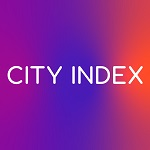
- Commodity markets available: 20
- Minimum deposit: £100
- Account types: CFDs & spread betting
- Pricing: Gold 0.8, Oil 0.3
- GMG rating: (4.2)
- Customer rating: 3.6/5 (97 reviews)
69% of retail investor accounts lose money when trading CFDs with this provider
City Index Commodity Trading Review
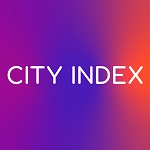
Name: City Index Commodity Trading
Description: Trade over 20+ different commodity markets with spread betting and CFD spreads from just 0.06pts. In business for 40 years, City Index is a trusted market leader that’s authorised and regulated by the Financial Conduct Authority (FCA). Exclusive to City Index, get trading ideas and post-trade analysis to improve your trading performance.
70% of retail investor accounts lose money when trading CFDs with this provider.
Summary
- Commodity markets available: 20
- Minimum deposit: £100
- Account types: CFDs & spread betting
- Pricing: Gold 0.8, Oil 0.3
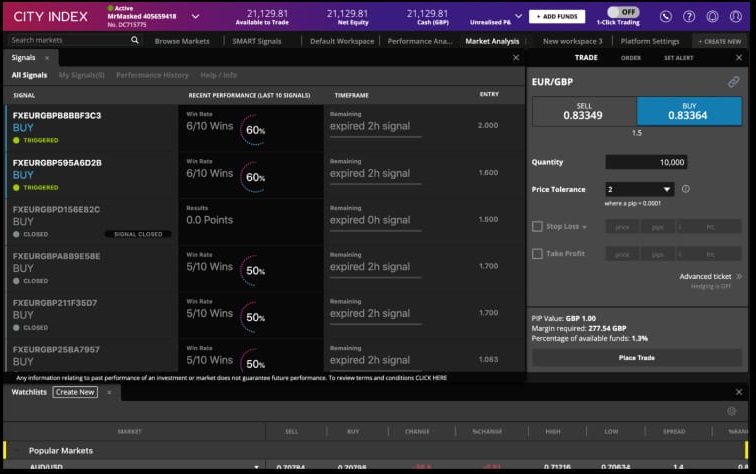
Pros
- Tax-free commodities spread betting
- Trading signals and portfolio analysis
- Wide range of commodities to trade
Cons
- No DMA commodities trading
- No physical commodity ETFs
-
Pricing
(4)
-
Market Access
(4.5)
-
Online Platform
(4.5)
-
Customer Service
(4)
-
Research & Analysis
(4)
Overall
4.2Pepperstone: Best For Trading Commodities On MT4 & MT5
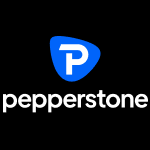
- Commodities markets available: 28
- Minimum deposit: £1
- Account types: CFDs, spread betting
- Pricing: Gold 0.5 , Oil 2.5
- GMG rating: (4)
- Customer rating: 4.6/5 (78 reviews)
75.3% of retail investor accounts lose money when trading CFDs with this provider
Pepperstone Commodity Trading Review
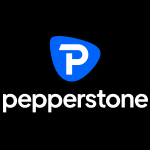
Name: Pepperstone Commodity Trading
Description: With Pepperstone you can trade commodity CFDs or spread bet on Gold, Silver, Crude, Natural gas with razor sharp pricing, low spreads and fast execution without worrying about physical delivery, ownership and rollovers.
75.6% of retail investor accounts lose money when trading CFDs with this provider.
Summary
- Commodities markets available: 28
- Minimum deposit: £1
- Account types: CFDs, spread betting
- Pricing: Gold 0.5 , Oil 2.5
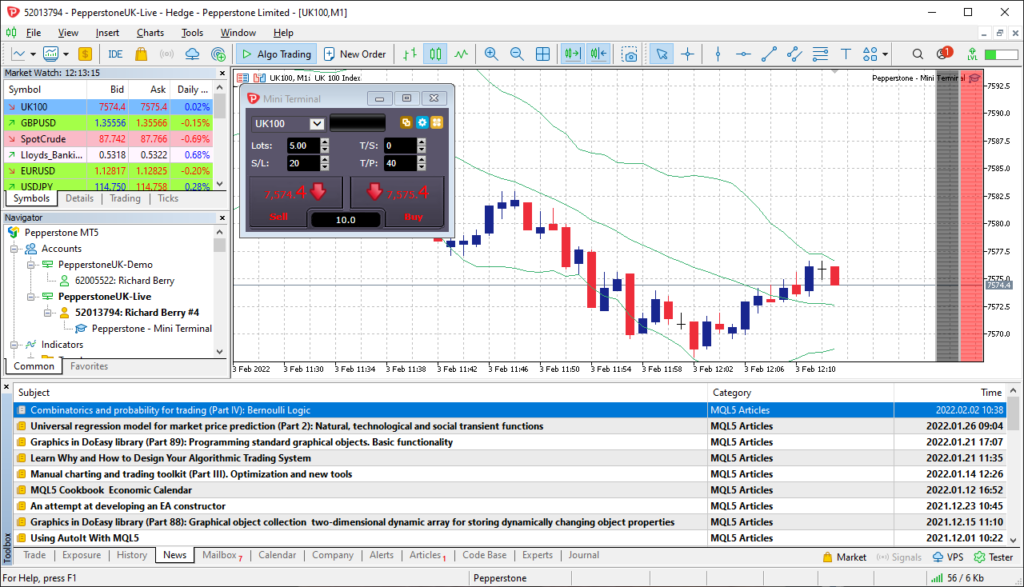
Pros
- 28 commodities on MT4/MT5
- £1 minimum deposit
- Commodities spread betting
Cons
- Third-party commodity trading platforms
- No commodities futures and options trading
-
Pricing
(4)
-
Market Access
(4)
-
Online Platform
(4)
-
Customer Service
(4)
-
Research & Analysis
(4)
Overall
4Spreadex: Best Commodities Trading Platform Customer Service
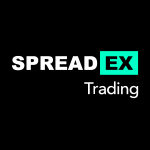
- Commodities markets available: 20
- Minimum deposit: £1
- Account types: CFDs, spread betting
- Pricing: Gold 0.3, Oil 0.28
- GMG rating: (4.1)
- Customer rating: 4.2/5 (234 reviews)
72% of retail investor accounts lose money when trading CFDs with this provider
Spreadex Commodity Trading Review
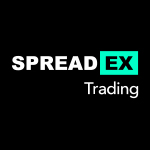
Name: Spreadex Commodity Trading
Description: Spreadex lets you trade over 20 commodities including Gold from only 0.4pts as a spread bet or CFD. They were also recently voted by traders for ‘Best for Efficiency of Taking Trades’ in the Investment Trends Awards.
72% of retail investor accounts lose money when trading CFDs with this provider.
Summary
- Commodities markets available: 20
- Minimum deposit: £1
- Account types: CFDs, spread betting
- Pricing: Gold 0.3, Oil 0.28
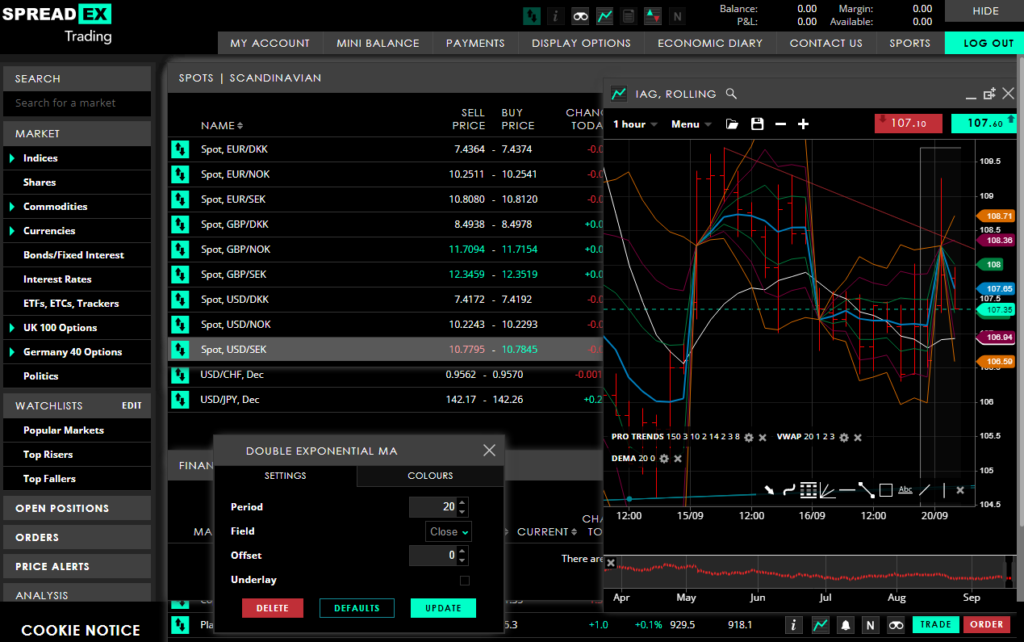
Pros
- Excellent customer service
- Tight commodity spreads
- Commodities spread betting
Cons
- No DMA commodities trading
-
Pricing
(4)
-
Market Access
(3.5)
-
Online Platform
(4)
-
Customer Service
(5)
-
Research & Analysis
(4)
Overall
4.1CMC Markets: Best Range Of Commodity Markets To Trade
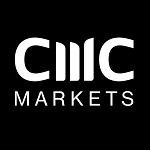
- Commodities markets available: 100+
- Minimum deposit: £1
- Account types: CFDs, spread betting
- Pricing: Gold 0.3, Oil 0.3
- GMG rating: (4)
- Customer rating: 3.7/5 (146 reviews)
74% of retail investor accounts lose money when trading CFDs with this provider
CMC Markets Commodity Trading Review

Name: CMC Markets Commodity Trading
Description: CMC Markets lets you spread bet and trade commodity CFDs and with leverage on 100+ instruments. Commodity markets include Gold, Silver, Brent and West Texas Crude Oil plus commodity indices, with tight spreads, lightning-fast execution and some of the highest customer satisfaction in the industry.
74% of retail investor accounts lose money when trading CFDs with this provider.
Summary
- Commodities markets available: 100+
- Minimum deposit: £1
- Account types: CFDs, spread betting
- Pricing: Gold 0.3, Oil 0.3
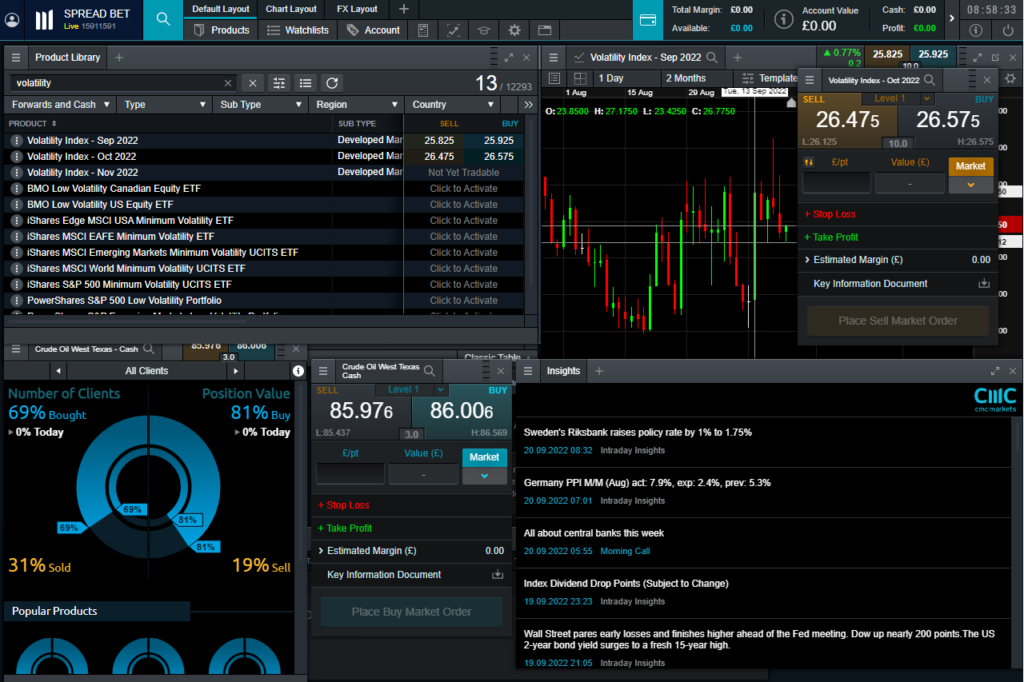
Pros
- Trade over 100 commodity markets
- Low minimum deposit of £1
- Tight commodity spreads
Cons
- Better for active traders
- No DMA commodities trading
-
Pricing
(4)
-
Market Access
(4.5)
-
Online Platform
(4)
-
Customer Service
(4)
-
Research & Analysis
(3.5)
Overall
4Interactive Brokers: Best For On-Exchange Commodities Trading
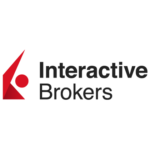
- Commodities markets available: 20
- Minimum deposit: £2,000
- Account types: CFDs, DMA, futures & options, investing
- Pricing: Gold 0.0007%, Oil 0.0007%
- GMG rating: (4.2)
- Customer rating: 4.3/5 (869 reviews)
60% of retail investor accounts lose money when trading CFDs with this provider
Interactive Brokers Commodity Trading Review
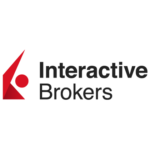
Name: Interactive Brokers Commodity Trading
Description: With IBKR you can trade commodities on powerful, award-winning trading platforms as a CFD, ETF or on exchange futures and options. Execute commodity trades in over 100 order types from limit orders to complex algorithmic trading.
60% of retail investor accounts lose money when trading CFDs with this provider.
Summary
- Commodities markets available: 20
- Minimum deposit: £2,000
- Account types: CFDs, DMA, futures & options, investing
- Pricing: Gold 0.0007%, Oil 0.0007%
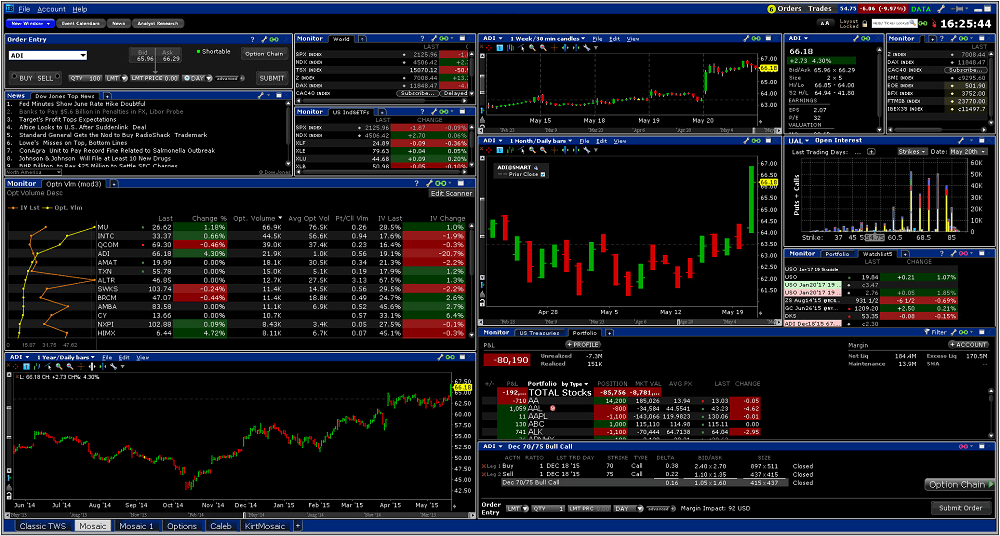
Pros
- Commodities futures and options
- DMA commodities trading
- Low commissions
Cons
- No commodities spread betting
- No guaranteed stops
-
Pricing
(4.5)
-
Market Access
(4.5)
-
Online Platform
(4.5)
-
Customer Service
(3.5)
-
Research & Analysis
(4)
Overall
4.2IG: Best For High-Volume Commodity Traders

- Commodities markets available: 35
- Minimum deposit: £250
- Account types: CFDs, spread betting, DMA, investing
- Pricing: Gold 0.3, Oil 0.28
- GMG rating: (4.2)
- Customer rating: 3.9/5 (674 reviews)
70% of retail investor accounts lose money when trading CFDs and spread bets with this provider.
IG Commodity Trading Review

Name: IG Commodity Trading
Description: Trade over 35 commodities or a range of commodity stocks and ETFs as a CFD or spread bet on spot prices or with (exclusive to IG) an undated contract. Commodity trading spreads are from just 2.8 points on Brent Crude and 0.3 on gold and you can also attach a guaranteed stop to limit your risk, even in the most volatile market conditions.
70% of retail investor accounts lose money when trading CFDs and spread bets with this provider.
Summary
- Commodities markets available: 35
- Minimum deposit: £250
- Account types: CFDs, spread betting, DMA, investing
- Pricing: Gold 0.3, Oil 0.28
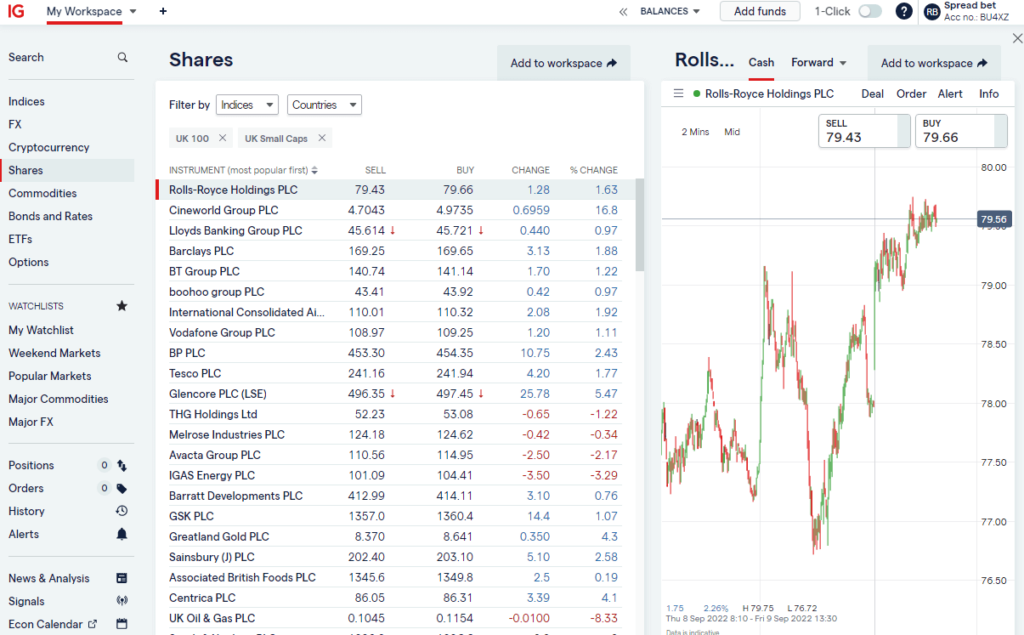
Pros
- Trading commodities on 25 markets
- Commodities spread betting
- Excellent OTC commodities liquidity
Cons
- No DMA commodities trading
-
Pricing
(4)
-
Market Access
(4.5)
-
Online Platform
(4.5)
-
Customer Service
(4)
-
Research & Analysis
(4)
Overall
4.2Saxo Markets: Best For Direct Market Access Commodity Trading
- Commodities markets available: 25
- Minimum deposit: £1
- Account types: CFDs, futures & options, DMA, investing
- Pricing: Gold 0.5, Oil 0.28
- GMG rating: (4.2)
- Customer rating: 3.6/5 (52 reviews)
70% of retail investor accounts lose money when trading CFDs with this provider
Saxo Commodity Trading Review
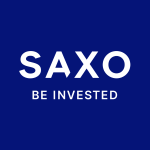
Name: Saxo Commodity Trading
Description: Saxo customers can trade a wide range of commodities as CFDs, futures, options, spot pairs or exchange-traded commodities (ETCs) with tight spreads, integrated Trade Signals, news feeds and innovative risk-management features.
65% of retail investor accounts lose money when trading CFDs with this provider
Is Saxo a good commodities broker?
Yes, as a commodities broker Saxo offers one of the best trading platforms for retail and professional traders. For professional and institutional commodities traders, you can trade commodities with DMA on-exchange futures and options. For retail traders, you can get access to the commodities market through CFDs and a wide range of ETFs. The only think that Saxo does not offer commodity traders is financial spread betting for tax-free profits on oil and gold trading etc.
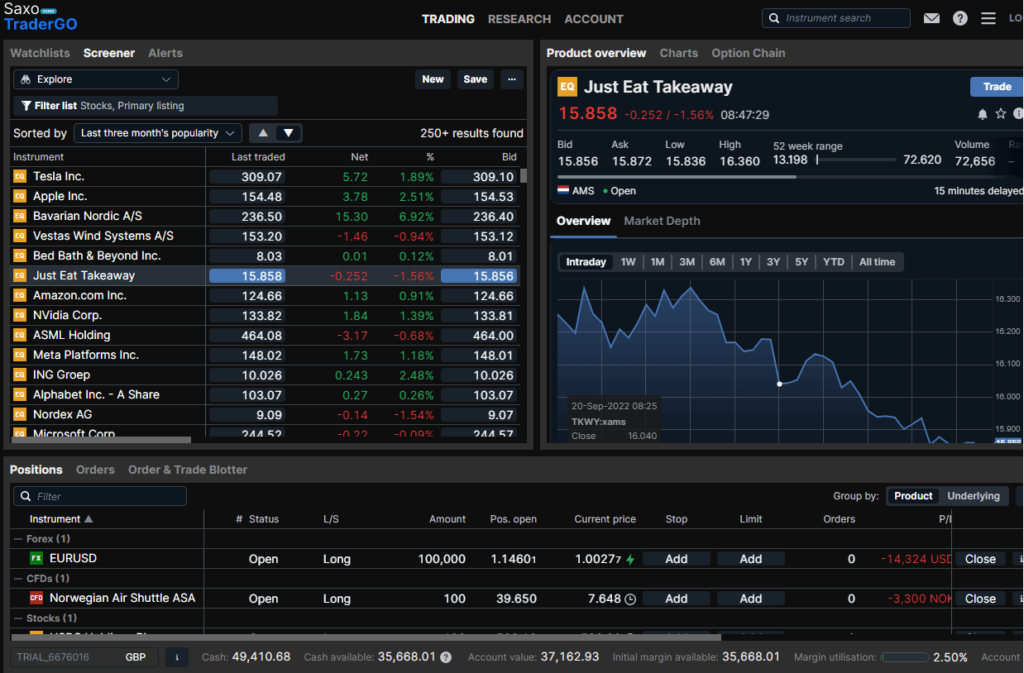
Pros
- DMA commodities trading
- Professional platform
- Low commissions
Cons
- No commodities spread betting
-
Pricing
(4)
-
Market Access
(4.5)
-
Online Platform
(4.5)
-
Customer Service
(4)
-
Research & Analysis
(4)
Overall
4.2XTB: Good Commodity Trading Educational Material
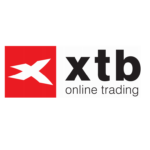
- Commodities markets available: 22
- Minimum deposit: £1
- Account types: CFDs
- Equity overnight financing: -0.02341% / -0.00159% DAILY
- Pricing: Gold 0.35, Oil 0.3
- GMG rating: (4)
- Customer rating: 4.6/5 (133 reviews)
81% of retail investor accounts lose money when trading CFDs with this provider
XTB Commodity Trading Review
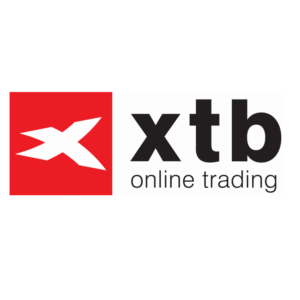
Name: XTB Commodity Trading
Description: There are two ways to trade commodities with XTB, CFDs on the commodities, or commodity ETF CFDs. The ETF scanner provides quite a handy way to see what ratings Morningstar gives them, which can give you an indicate of how well they perform as investments.
81% of retail investor accounts lose money when trading CFDs with this provider.
Summary
- Commodities markets available: 22
- Minimum deposit: £1
- Account types: CFDs
- Equity overnight financing: -0.02341% / -0.00159% DAILY
- Pricing: Gold 0.35, Oil 0.3
XTB also produce their own news and analysis, which features commodities that are approaching or have broken through key trading levels. It’s quite a nice touch that you can trade direct from the news article as well as place corresponding stops and limits.
If you would rather speculate on the outright price of the underlying commodities XTB groups commodity CFDs together by markets such as agriculture, energy, industrial metals, precious metals and livestock.
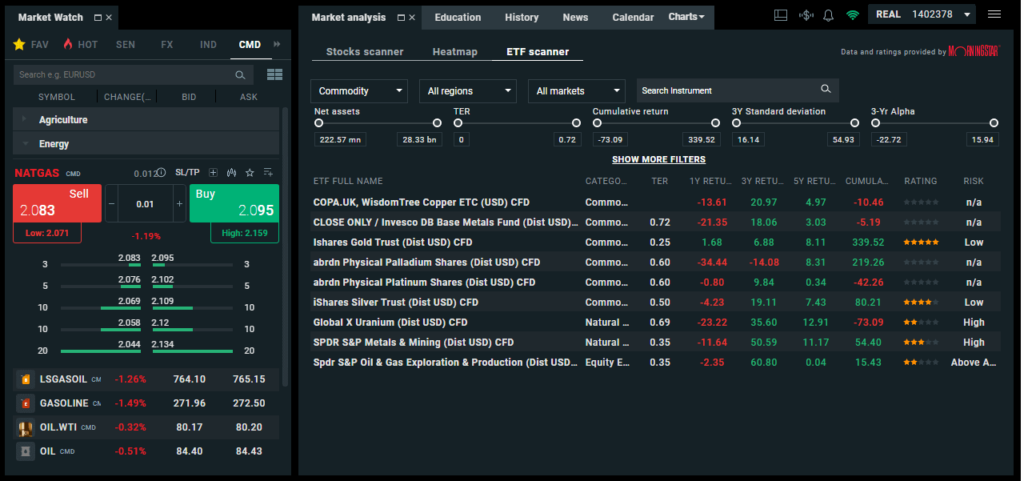
Pros
- Multi-asset trading
- Competitively priced
- Lots of markets to trade
Cons
- Not UK HQ’d
- No basket trading
-
Pricing
(4)
-
Market Access
(4)
-
Online Platform
(4)
-
Customer Service
(4)
-
Research & Analysis
(4)
Overall
4eToro: Good For Social And Copy Commodities Trading

- Commodities markets available: 15
- Minimum deposit: $50
- Account types: CFDs & investing in USD
- Pricing: Gold 0.9, Oil 1.4
- GMG rating: (3.8)
- Customer rating: 3.4/5 (273 reviews)
51% of retail investor accounts lose money when trading CFDs with this provider. You should consider whether you can afford to take the high risk of losing your money
eToro Commodity Trading Review

Name: eToro Commodity Trading
Description: At eToro, trading commodities is straightforward. eToro’s platform is easy to use and enables traders and investors to trade a wide range of commodities. You also get the benefit of being able to set your own leverage when trading commodity CFDs, so you can reduce your risk by increasing your margin rates.
51% of retail investor accounts lose money when trading CFDs with this provider. You should consider whether you can afford to take the high risk of losing your money
Summary
- Commodities markets available: 15
- Minimum deposit: $50
- Account types: CFDs & investing in USD
- Pricing: Gold 0.9, Oil 1.4
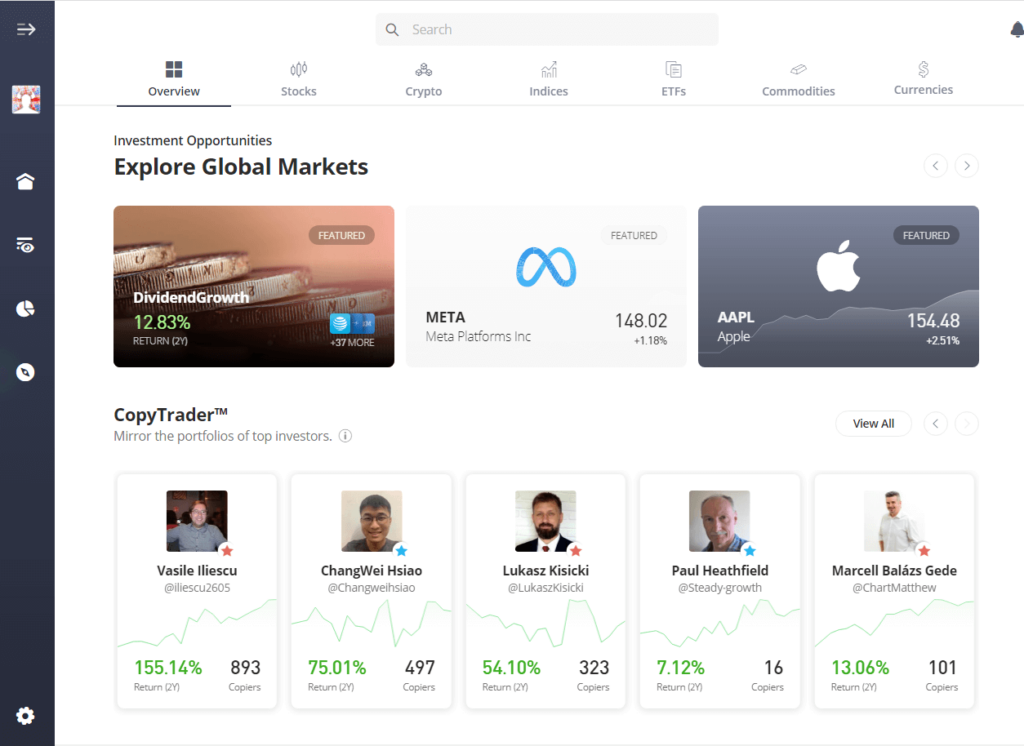
Pros
- Social and copy commodities trading
- Set you own commodities leverage
- Easy to use
Cons
- Accounts must be in USD
- High FX conversion charges
- No commodities spread betting or DMA trading
-
Pricing
(3.5)
-
Market Access
(4)
-
Online Platform
(4)
-
Customer Service
(3.5)
-
Research & Analysis
(4)
Overall
3.8Tickmill: Best Commodity Trading Platforms For MT4, MT5 & CQG
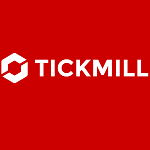
- Commodities markets available: 6
- Minimum deposit: £100
- Account types: CFDs, futures & options
- Pricing: Gold 0.9, Oil 0.4
- GMG rating: (4)
- Customer rating: 0.0/5 (0 reviews)
75% of retail investor accounts lose money when trading CFDs and spread bets with this provider
Tickmill Commodity Trading Review

Name: Tickmill Commodity Trading
Description: Tickmill’s is a good choice for those wanting to scalp the commodity markets as they offer DMA commodities trading on CQG on mini and micro futures. Tickmill also offers tight spreads on MT4 & MT5 on the most popular commodity markets for those who want to automate their trading.
75% of retail investor accounts lose money when trading CFDs and spread bets with this provider.
Summary
- Commodities markets available: 6
- Minimum deposit: £100
- Account types: CFDs, futures & options
- Pricing: Gold 0.9, Oil 0.4
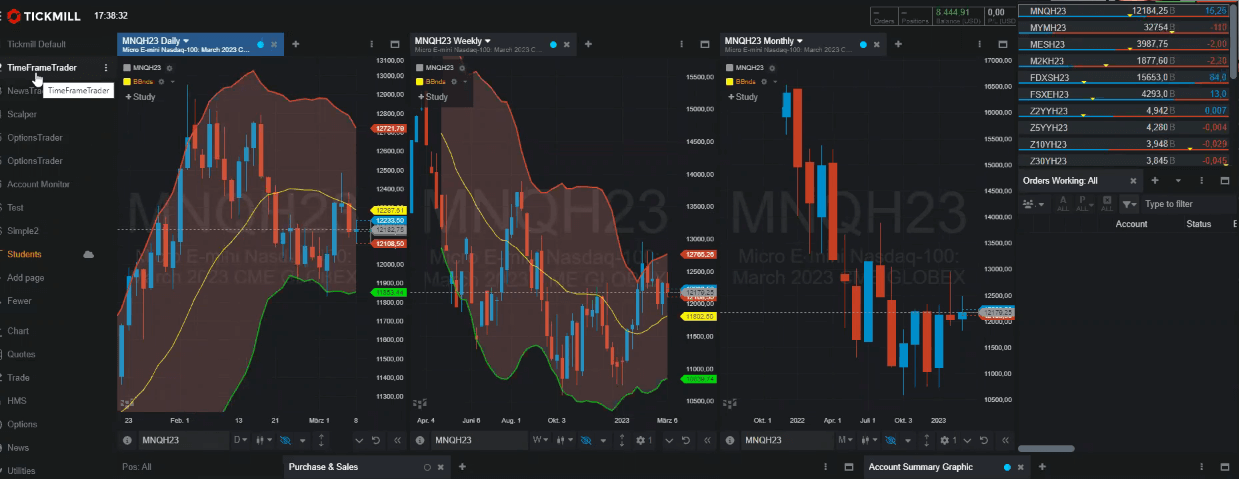
Pros
- DMA commodity trading
- Low-cost commodity CFDs
- Lots of platforms
Cons
- Limited commodities to trade
-
Pricing
(4)
-
Market Access
(4)
-
Online Platform
(4)
-
Customer Service
(4)
-
Research & Analysis
(4)
Overall
4✅Methodology: The Good Money Experts chose best commodity trading platforms and brokers based on:
- 17,000 consumer votes in the annual Good Money Guide industry awards
- Our team’s own experiences testing the commodities brokers with real money
- An in-depth comparison of their stand-out features compared to alternative commodities trading platforms
- Good Money Guide’s exclusive interviews with the commodity broker CEOs and senior management
Compare Commodities Trading Platforms & Brokers
You can use our comparison table of what we think are the best commodities brokers online to compare how many commodities they offer, spreads, pricing, commissions and what types of accounts they offer that can help new commodity traders .
| Commodity Trading Platform | Commodities Available | Minimum Deposit | GMG Rating | More Info | Risk Warning |
|---|---|---|---|---|---|
 | 20 | £100 | See Platform | 69% of retail investor accounts lose money when trading CFDs with this provider | |
 | 28 | £1 | See Platform | 75.3% of retail investor accounts lose money when trading CFDs with this provider | |
 | 35 | £250 | See Platform | 70% of retail investor accounts lose money when trading CFDs and spread bets with this provider. | |
 | 20 | £1 | See Platform | 64% of retail investor accounts lose money when trading CFDs with this provider | |
 | 100+ | £1 | See Platform | 69% of retail investor accounts lose money when trading CFDs with this provider | |
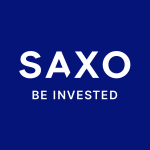 | 25 | £1 | See Platform | 65% of retail investor accounts lose money when trading CFDs with this provider | |
 | 15 | $10 | See Platform | 51% of retail investor accounts lose money when trading CFDs with this provider. You should consider whether you can afford to take the high risk of losing your money | |
 | 20 | £1 | See Platform | 62.5% of retail investor accounts lose money when trading CFDs with this provider | |
 | 6 | £100 | See Platform | 71% of retail investor accounts lose money when trading CFDs and spread bets with this provider | |
 | 22 | £1 | See Platform | 77% of retail investor accounts lose money when trading CFDs with this provider | |
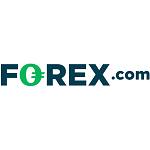 | 20 | £1 | See Platform | 69% of retail investor accounts lose money when trading CFDs with this provider. | |
 | 25 | £10 | See Platform | 66.95% of retail investor accounts lose money when trading CFDs with this provider |
What is the best commodities trading platform for beginners?
City Index is the best online commodities broker for beginners as the trading platform offers the most heavily traded commodity markets with good liquidity. City Index’s Smart Signal feature also provides unique trading signals on when to buy and sell and shows how successful they have been in the past. Once you have built up a few historic commodity trades their Performance Analytics will show you what commodities you are best at trading and which ones to avoid.
| Beginner Features: | 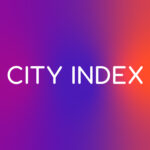 |  |  | 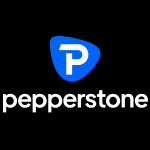 | 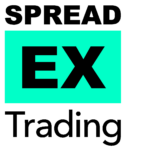 | 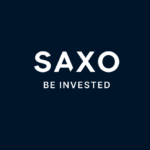 |  | 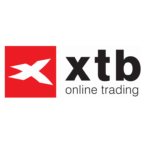 | 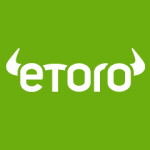 |
|---|---|---|---|---|---|---|---|---|---|
| Trading Signals | ✔️ | ✔️ | ❌ | ✔️ | ✔️ | ✔️ | ✔️ | ✔️ | ❌ |
| Webinars | ✔️ | ✔️ | ✔️ | ✔️ | ✔️ | ✔️ | ✔️ | ✔️ | ✔️ |
| Seminars | ✔️ | ❌ | ✔️ | ❌ | ❌ | ✔️ | ✔️ | ✔️ | ❌ |
| Leverage Control | ❌ | ❌ | ❌ | ❌ | ❌ | ❌ | ❌ | ❌ | ✔️ |
| Low-Risk Products | ❌ | ✔️ | ❌ | ❌ | ❌ | ✔️ | ✔️ | ❌ | ✔️ |
| Investment Account | ❌ | ✔️ | ❌ | ❌ | ❌ | ✔️ | ✔️ | ❌ | ✔️ |
What is the best commodity broker for advanced & professional traders?
Saxo Markets is a good choice for advanced or professional commodity traders. In addition to commodity CFDs they offer on-exchange commodity futures and options. The SaxoTraderGo platform is robust enough for institutional traders and provides a wide range of advanced order execution options.
See which online trading platforms offer advanced commodity trading features.
| Advanced Features: |  |  |  |  |  |  |  |  |
|---|---|---|---|---|---|---|---|---|
| Voice Brokerage | ✔️ | ❌ | ✔️ | ❌ | ✔️ | ✔️ | ✔️ | ❌ |
| Corporate Accounts | ✔️ | ✔️ | ✔️ | ✔️ | ✔️ | ✔️ | ✔️ | ✔️ |
| Level-2 | ❌ | ✔️ | ❌ | ❌ | ❌ | ✔️ | ✔️ | ❌ |
| Algo Trading | ❌ | ✔️ | ❌ | ❌ | ✔️ | ✔️ | ✔️ | ❌ |
| Prime Brokerage | ❌ | ✔️ | ✔️ | ❌ | ❌ | ✔️ | ✔️ | ❌ |
Which commodities broker platform offers the most account types?
Interactive Brokers and Saxo Markets offer the most account types. However, if you are a UK trader they do not offer financial spread betting on commodities. If you want to trade commodities online with tax free profits, then IG, is the next best option. See which brokers offer the most ways to trade commodities in the below comparison table.
| Account Types: |  |  |  |  |  |  |  |  |
|---|---|---|---|---|---|---|---|---|
| CFD Trading | ✔️ | ✔️ | ✔️ | ✔️ | ✔️ | ✔️ | ✔️ | ✔️ |
| Spread Betting | ✔️ | ❌ | ✔️ | ✔️ | ✔️ | ❌ | ✔️ | ✔️ |
| DMA | ❌ | ✔️ | ❌ | ❌ | ❌ | ✔️ | ✔️ | ❌ |
| Pro Accounts | ✔️ | ✔️ | ✔️ | ✔️ | ❌ | ✔️ | ✔️ | ✔️ |
| Investments | ❌ | ✔️ | ❌ | ❌ | ❌ | ✔️ | ✔️ | ❌ |
| Futures & Options | ❌ | ✔️ | ❌ | ❌ | ❌ | ✔️ | ❌ | ❌ |
What commodities trading platform is best for futures?
Saxo Markets is the best broker for trading commodities futures. Commodities futures allow traders to buy or sell a specific amount of a commodity at a specific date in the future. A farmer may use them to lock in the current market price and sell a harvest of corn before it has been grown, whereas a trader may use them to speculate on the price of corn moving higher or lower in the hope of making a profit.
A commodities futures broker will provide access through futures trading to commodities exchanges such as the CME or CBOT. Our guide on how to trade futures explains the risks and rewards of futures trading.
Which brokers offer commodities options?
Interactive Brokers is the best broker for trading commodity options online They have one of the most complex options dealing systems on their desktop platform and access to most commodity options exchanges.
Commodities options are traded on exchange-like futures and can be used for physical trading or speculation. Commodities options differ from commodities futures in that you are trading the right to a certain amount of a commodity at a certain point in the future, not the obligation. Here’s how options trading works.
What broker is best for commodity CFDs?
CMC Markets is the best broker for commodity CFD trading as they provide over 100 commodity markets based on cash or forward prices. You can also see what percentage of CMC Markets clients are long or short a particular commodity, then filter that by profitable clients to use as a leading or contrarian indicator.
Trading commodities online via CFDs enables traders to speculate on the price of commodities with leverage. Leveraged trading enables traders to enter into a “contract for difference” based on the opening and closing prices of a trade. The user of margin means that traders only need to deposit a small percentage of the value of the commodities they are trading through a commodities broker which increases their exposure to the market. Commodities CFDs are OTC (over-the-counter) derivatives products which means that traders never actually own the underlying commodities. They are simply speculating on the price.
Which is the best platform for trading commodities as a spread bet?
IG is the best broker for online spread betting on commodities, as because of their size they can offer some of the best liquidity on commodity spread bets. They are also the oldest commodity spread betting provider having been founded in 1974 as “Investors Gold Index” to enable non-professional clients to bet on the price of gold.
Spread betting on commodities is another form of OTC margin speculation and allows traders to bet on the price movement of commodities. The key advantages over CFDs are that in the UK there is no capital gains tax on spread betting profits. Because of this commodity spread betting is unique to the UK. Commodities spread betting should not be confused with futures spread trading which speculates on the divergence between different monthly futures.
What is the best commodity ETF broker?
IG is the best broker for commodity ETFs as you can either buy exchanged traded funds in an ISA, or investment account in the long term or trade in the short term as a spread bet or CFD.
Trading commodities through ETFs can be done through most stockbrokers and investment platforms. Commodity ETFs are traded on stock exchanges like shares and can be held in normal accounts, ISAs and SIPPs. The price of commodities ETFs tracks the price of underlying commodities thus providing a simple way for investors to get exposure to commodity markets without entering into traditional derivatives contracts.
Which online commodities broker has the best market access?
CMC Markets offers the most commodities to trade online, with over 100 markets available.
See which commodities broker offers the most commodities as well as other markets for traders.
| Market Access: |  |  |  | 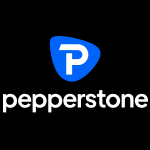 |  |  |  |  | 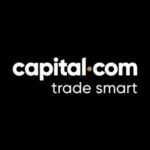 |  |
|---|---|---|---|---|---|---|---|---|---|---|
| Total Markets | 12000 | 17000 | 11000 | 1200 | 9000 | 5233 | 10000 | 8,000 | 3700 | 2,100 |
| Forex Pairs | 84 | 51 | 338 | 62 | 182 | 100 | 54 | 20 | 138 | 57 |
| Commodities | 25 | 38 | 124 | 32 | 19 | 20 | 20 | 10 | 28 | 22 |
| Indices | 21 | 34 | 82 | 28 | 29 | 13 | 17 | 10 | 23 | 25 |
| UK Stocks | 3500 | 3925 | 745 | 192 | 5000 | 500 | 1575 | na | 450 | 230 |
| US Stocks | 1000 | 6352 | 4968 | 880 | 2000 | 3500 | 2110 | na | 1575 | 1080 |
| ETFs | n/a | 2000 | 1084 | 107 | 675 | 1100 | 160 | na | 0 | 138 |
✅ FCA Regulation
Good Money Guide only recommends regulated trading platforms that are covered by the FSCS.
All commodities trading platforms that operate in the UK must be regulated by the FCA. The FCA is the Financial Conduct Authority and is responsible for ensuring that UK commodity brokers are properly capitalised, treat customers fairly and have sufficient compliance systems in place.
The Financial Services Compensation Scheme offers consumer protection in the event a company is made insolvent.
What Is Commodities Trading?
Commodities trading is the buying and selling of commodity contracts like coffee, oil and soybeans. Many investors do this to speculate on the movement of commodity prices. In the days of yore, commodities were traded physically. For many old timers, the image of commodities trading remains that of a large frantic crowd shouting excitedly at one another on the trading floor.
The advent of new technology means most commodities are traded over an electronic networks, at a speed that is unimaginable to traders just a generation ago. High-frequency trading now dominates financial markets, especially in futures trading.
The commodity market is a vital part of the global economy. From agriculture to soft commodities, these goods are critical to the running of a modern economy. Even the fast-growing green sectors require key commodities like lithium and copper. But commodities are a large asset class; so large in fact that most investors and traders should consider having exposure to them.
The global trading community widely uses commodity derivatives like futures, options, CFDs and financial spread bets. One attractive point of commodities is the sector’s gyrating and volatile prices – a fertile ground for market makers, fund managers and individual traders.
Commodities are widely traded on these major exchanges:
- Intercontinental Exchange (www.ice.com)
- CME Group (www.cmegroup.com)
- London Metal Exchange (www.lme.com)
- Eurex (www.eurex.com)
The world needs commodities. There is always a bull market somewhere in this sector and investors should learn to analyse this market. Not just to gauge the demand for raw materials, but to see if some ‘low-risk’ investment opportunities exist that traders can profit from.
Industry experts told us
"Commodity prices like Oil, Natural Gas and Gold are never out of the news, and prices can be extremely volatile making them very attractive for traders wanting to take a view on production, supply and demand."What Are Commodities?
Commodities are the building blocks of modern life. Everywhere you go, you are surrounded by commodities that are produced around the world. These essential ingredients are normally grouped under these sectors:
- Food/Agriculture – soybean, wheat, corn, rice
- Energy – crude oil, natural gas, gasoline, heating oil
- Metals – gold, silver, copper, aluminium, nickel
- Softs – coffee, sugar, cotton, orange juice
- Livestock – lean hog, live cattle
Agriculture encompasses most edible food staples, while energy is the backbone of most industrial machines like cars and aeroplanes. Metals are typically extracted from the ground.
Some commodities are abundant in nature. Some aren’t. A few commodities are so desired by people, now and then, that they are used as currencies. Gold and silver, for example, are two primary metals frequently used in the past to underpin monetary exchanges in an economy. The ‘Gold Standard’ – a form of monetary system with gold or silver as the anchor reserve asset – dates back thousands of years.
Did you know that nearly all modern gadgets, such as mobile phones, rely heavily on commodities? According to some estimates, a modern smartphone is 25% silicon, 14 aluminium, 7% copper and 6% lead.
More importantly, the expanding green economy is heavily reliant on many traditional metals and commodities. Each electric vehicle, for instance, requires almost a mile of copper wiring and three times more copper than a traditional ICE car (see below).
Wind turbines need many rare element elements.
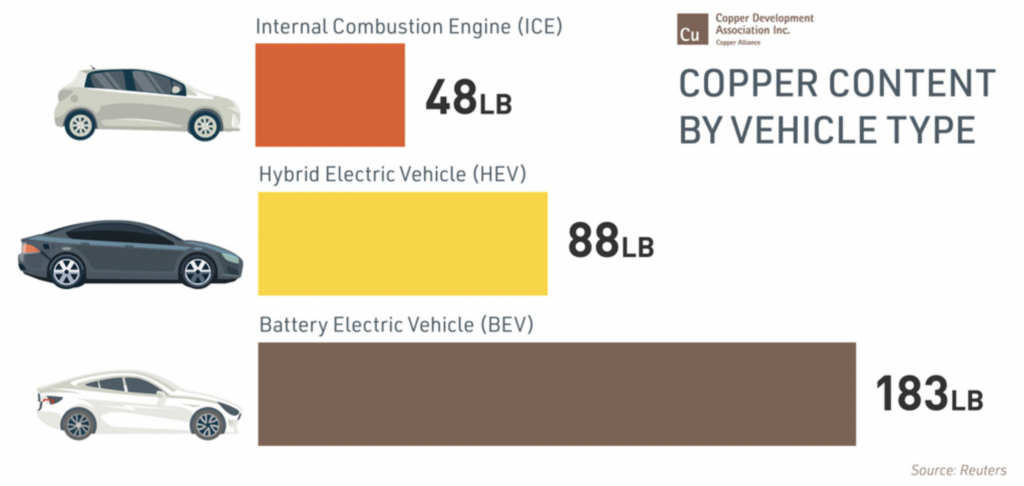
Source: Copper.org
When China was industrialising during 1980-2020, the nation imported a vast quantity of copper and iron ore. So much so that the market coined the phrase ‘commodity supercycle‘. Legendary investor Jim Rogers is a major proponent of this supercycle thesis way back in 2004 (see his book here). He advised time and again that (p.4):
Commodities are so pervasive that, in my view, you really cannot be a successful investor in stocks, bonds, or currencies without understanding them. You must understand commodities even if you only invest in stocks. Commodities belong in every truly diversified portfolio. Investing in commodities can be a hedge against a bear market in stocks, rampant inflation, even a major downturn in the economy. Commodities are not the “risky business” they have been made out to be.
Years later, this approach remains true. Commodities have always been been with us; it will stay with us in the years to come.
Best Commodities For Beginner Traders
The simple rule of thumb when starting out is to choose the largest and most liquid commodities to monitor. Maintain a small set of commodities and watch their price movements over time (preferably on a daily basis). My preference is this small set of commodities is:
- Crude oil – tells us about the general demand in the global economy
- Natural gas – a crucial commodity in many parts of the world like Europe
- Gold – a fear gauge and an inflation hedge
- Silver – poor man’s gold and a higher beta version of gold
- Wheat – food inflation proxy
- Copper – a major commodity required by many emerging nations to build their economies
With this small set you can learn about how the global commodity market works. These commodities are heavily traded by institutional funds, especially quantitative funds and commodity brokers. Liquidity of these commodities is ample.
Commodity Indices
At this point, interested readers should take a look at an index known as the Commodity Research Bureau index (CRB).
For years, there was no equivalent of a ‘blue chip’ index in the commodity market. In the 1960s, some agencies started to gather some commodity returns and started an index. This became the CRB index – a standard commodity index for many investors. A word of caution: Calculations of this index have changed dramatically over time. Constituent commodities were altered; pricing methods modified significantly. Refinitiv, the data company, is maintaining this index.
Currently, the CRB index is comprised of 19 commodities (factsheet here). The largest weighting comes from energy contracts (39%) followed by agriculture (34%). The Index’s historical price movements is highly interesting as bear and bull markets interchanged regularly.
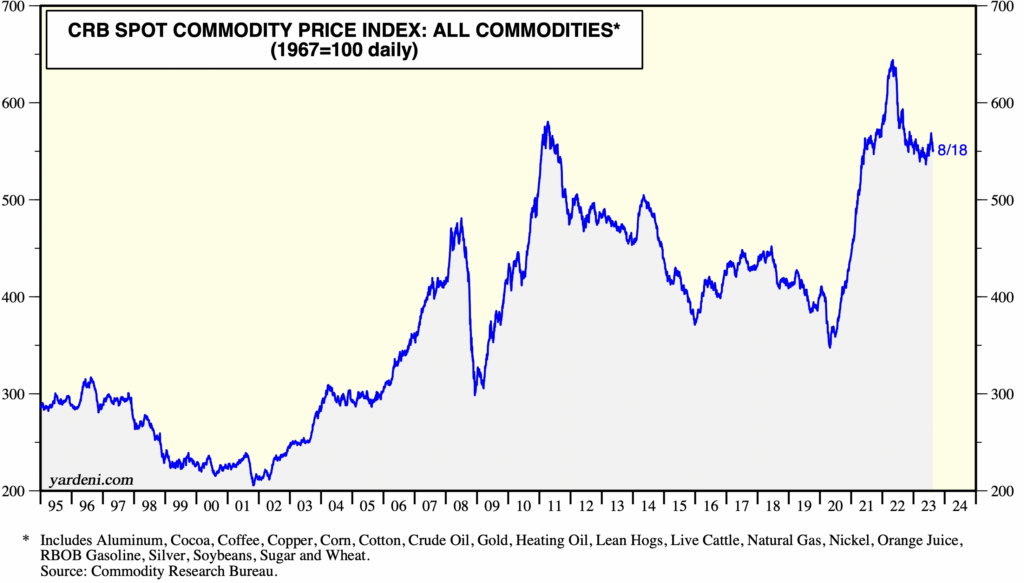
Source: Yardeni.com
Direct & Indirect Commodity Exposure
There are two ways to gain exposure to commodities: Direct and indirect.
If you want to own commodities such as gold directly, you buy gold bars/coins from a reputable dealer and store them in your house (or in a bank vault). This method entails risk since the metal can be stolen or misappropriated. Plus, you need a warehouse if you buy barrels of oil or stacks of copper.
Did you know that during the Great Depression owning gold is forbidden? The Gold Reserve Act of 1934 banned household from owning the yellow metal for some years. While such restrictions have been lifted, many prefer to own commodities indirectly.
The most common way to trade commodities indirectly is via futures. Commodity futures have been around for many decades. They are a form of financial derivatives and are a permanent feature of the financial landscape. Aspiring traders should learn these contracts well. A small snapshot of available commodity futures are shown below:
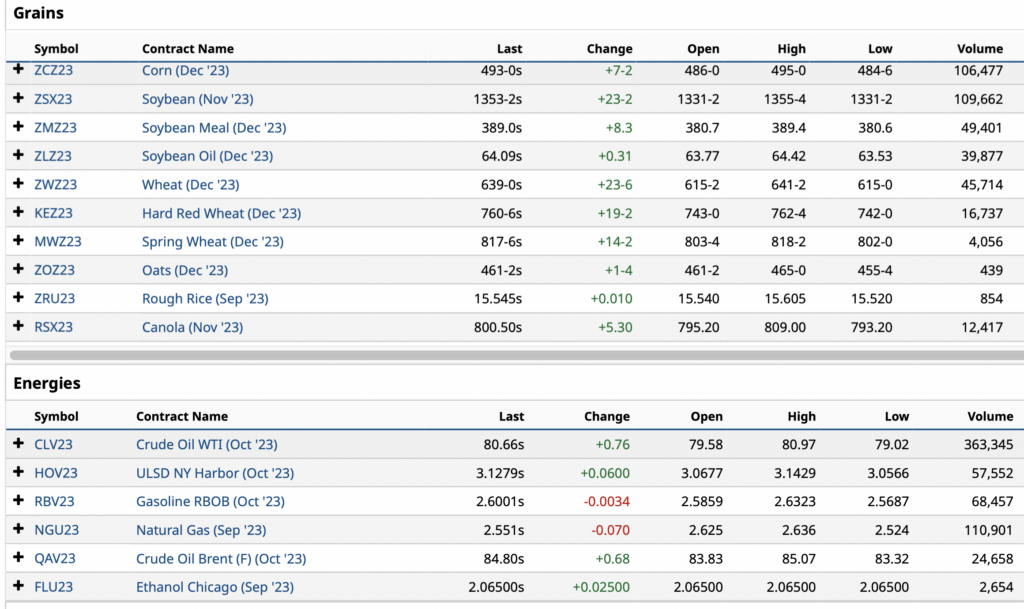
Source: Barchart.com/futures
To trade commodities profitably, you will have to learn about futures contracts and many of the terminologies, such as expiry contracts, contract symbols, rollover dates, specifications of each commodity, margin requirements (initial and maintenance), embedded leverage, contango/backwardation, forward pricing, basis trading et cetera.
Some commodity futures contracts may be too large for novice traders, unless the accounts are well capitalised.
Another thing worth remembering about futures is that traders can sell short the contract. Commodity prices move up and down regularly. When traders take a bearish view of a commodity, they can open a sell position. If prices dive, they profit from it. They can buy the contract back (or roll over to the next nearest month) when it is near expiry.
Commodity Sector Returns Vary Over Time
One important characteristic of the commodity asset class is that each commodity is different. Just like a stock market contains different sectors and stocks. These commodities are priced differently due to their unique supply and demand dynamics.
For example, crude oil suddenly skyrocket due to bigger-than-expected OPEC cuts; while industrial metals sink on falling demand. We can hardly lump all commodities together and expecting them perform similarly.
Moreover, the performance of these commodities varies significantly over time. Look at the chart below – a chart ranking the performance of different commodities from 2013 to 2022.
In 2015, lithium was the best performer in the commodity world. Next year coal topped the table. In 2020, silver rose to the top spot. The return gap between the best and worst-performing commodities each year was huge. Sometimes they’re over 30-50 percent (see below).
And the yearly price swings can be massive. In 2018 and 2019, for instance, lithium prices slumped by 55% and 39% respectively. Then in 2021, it soared by 442%; followed by another impressive 72% jump in 2022.
Therefore predicting the return of a single commodity in any single year is difficult. Most traders focus on trends. You should do so too.
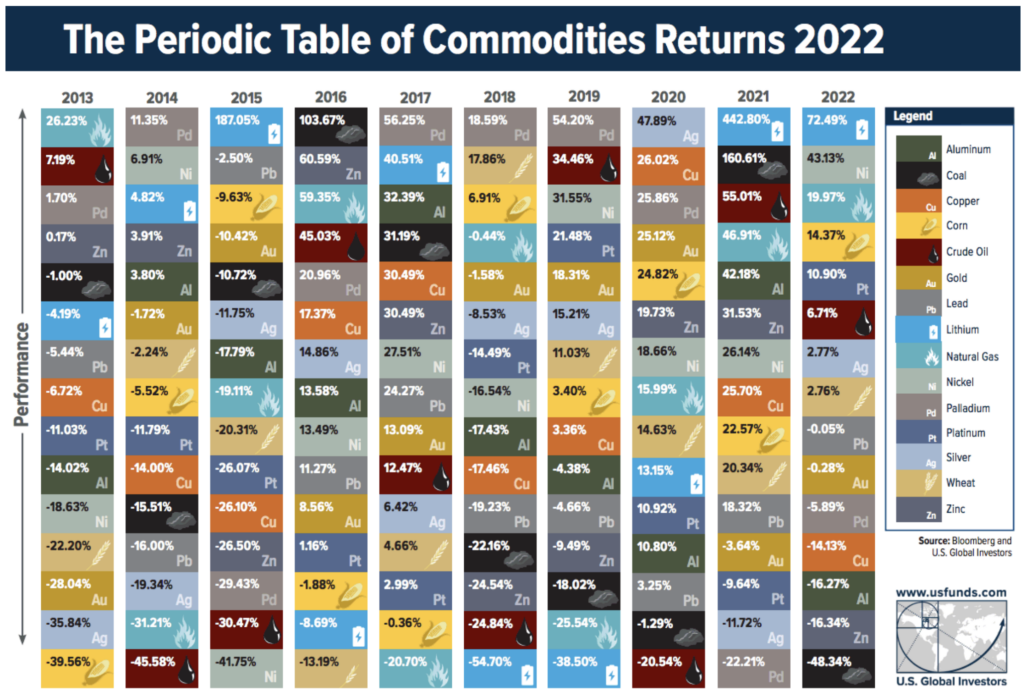
Source: visual capitalist.com
What Drives Commodity Prices?
Four broad factors move commodity prices:
- Supply and demand
- US Dollar
- Business cycle
- Unpredictable shocks
Commodity markets are impacted by many factors. Some macro; some are supply-demand related. To generalise further, the impact of each factor may vary over time. Sometimes, macro concerns dominate. At times, supply issues spark concerns.
Supply & Demand
For most commodities, the basic rule is that supply and demand drive prices. Supply shocks are mostly down to natural disasters, unpredictable weather, or sudden export bans. This is hard to predict since a devastating frost can happen at any time.
As a rule of thumb, when a commodity is scarce – be it oil or food – prices go up. When the supply is plentiful, prices drop. Of course, like all other financial instruments, prices can overshoot to the upside and on the downside, depending on investor psychology.
US Dollar
The second driver of the commodity market is the movement of the US Dollar. Why? Because most commodities are priced in the greenback.
In the past, when dollar weakened commodity prices rose. But this correlation is breaking down. According to a recent BIS study, this is because US is becoming a net-exporter of energy. So the dollar is moving in tandem with commodity prices.
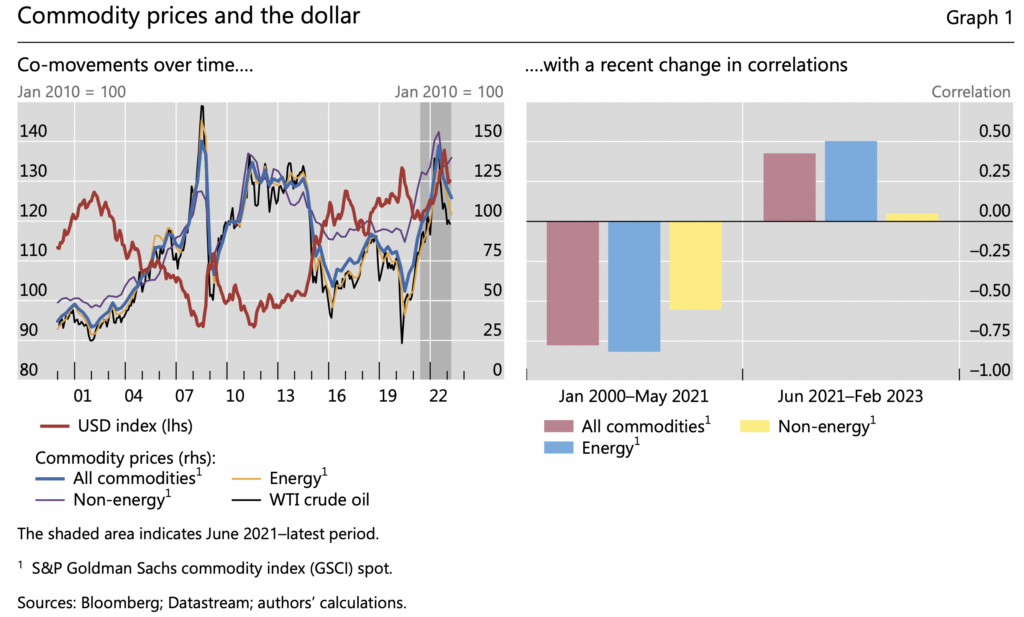
Source: Bank of International Settlement Research (2023)
Business Cycles
The third factor impacting commodity prices is the business cycle. During an upswing, demand expands. Industrial commodity price rises. Since the 1950s, there are a couple of these bull markets that drove commodity prices significantly higher.
Shocks
The last driver of commodity prices is shocks, be it supply shocks (e.g., mine shutdowns), demand shocks (e.g. new applications), or external shocks (e.g. pandemic or war).
Take crude oil in 2020. Prices were trading in the forties until April 2020. The pandemic caused a demand collapse. Transportation ground to a screening halt. No domestic or international travel. Everyone was quarantined at home. Ergo, nobody wanted oil at any prices. For the first time in its history, crude oil slumped to negative levels.
Then, two years later, Russia invaded Ukraine. Natural Gas contracts soared as traders feared a supply crunch. Only when supply was brought under control did price slump. War often causes commodity prices to spike.
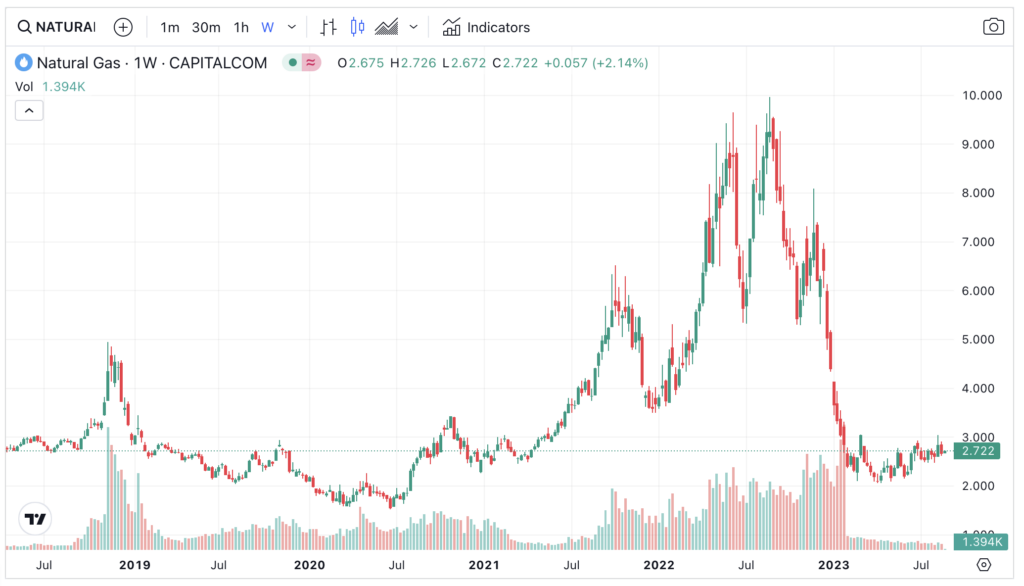
Different Ways To Trade & Invest In Commodities
Commodities are widely traded across the world. For new investors, finding out how to invest in commodities alone can be a daunting task. The trick is to gain exposure to the asset at a suitable level for you.
There are four main types of financial instruments to trade commodities:
- Futures – derivatives that track the underlying spot commodity prices
- Exchange Traded Funds (ETFs) – funds that hold either the physical commodity or commodity futures
- Spread betting – spreadbetting/CFDs do not hold the underlying
- Stocks/Commodity Funds – commodity-related equities or investment funds that hold commodity companies
The first question for traders starting in commodities trading is to assess their methods. Are you a long-term investor or a short-term swing trader?
Commodity Derivatives
Remember the first trading rule is not to lose money. For risk-averse investors starting out, buying commodities on margin with futures, CFDs or spread betting is probably best avoided. Simply because commodity prices are volatile and novice traders can lose their shirts quickly. Start with a small sum you can afford to lose. However, if you are experienced, these high-risk derivative products may be suitable.
Commodity ETFs & Funds
Perhaps investing in ETFs is more appropriate as leverage is lower as you begin to learn the ropes. Below is a sample of major commodity ETFs that you should look at (USD listed).
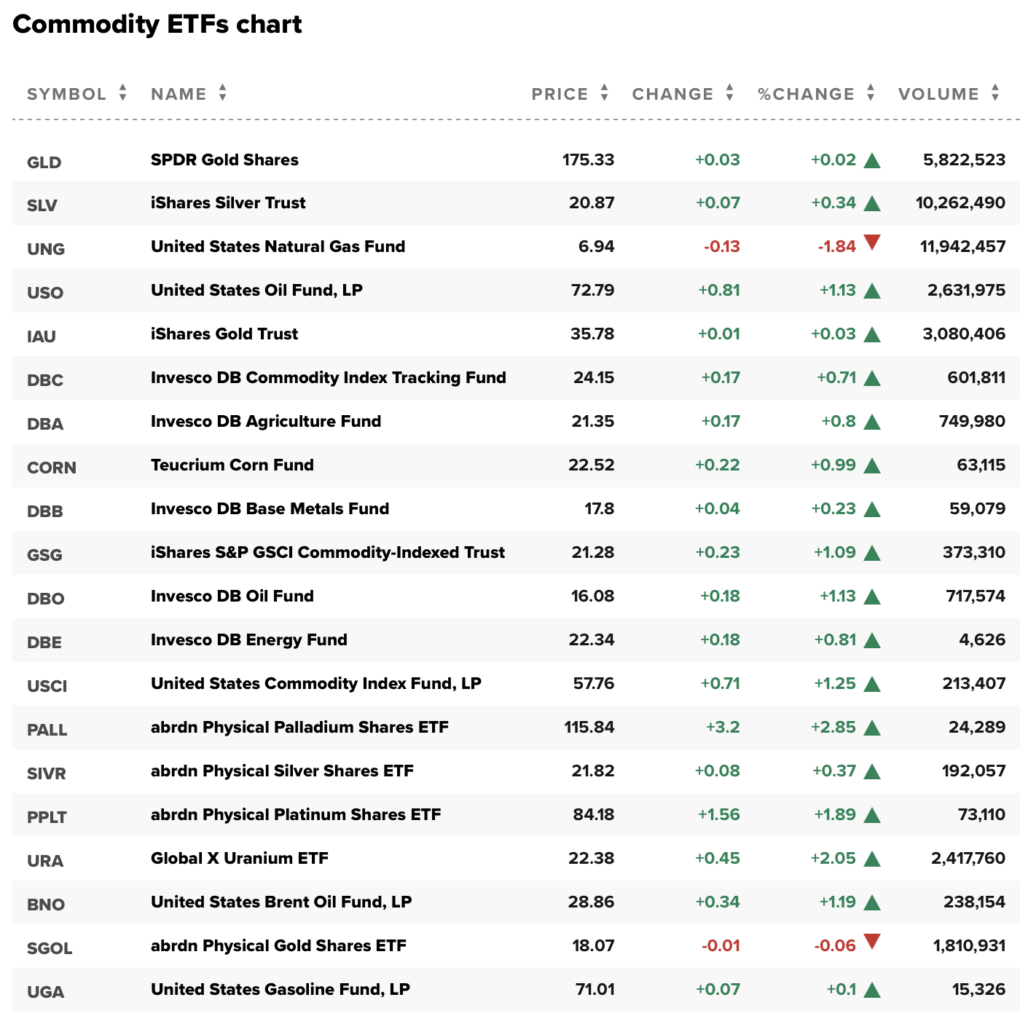
Source: CNBC
Another choice is to buy a diversified basket of commodities. This avoids picking which commodity sector will outperform this year. This is like buying the S&P 500 index fund or a Nasdaq exchange-traded fund.
One of the most popular commodity ETFs is the Invesco DB Commodity Index Tracking Fund (DBC). According to its website, the $2 billion ETF ‘‘seeks to track changes, whether positive or negative, in the level of the DBIQ Optimum Yield Diversified Commodity Index Excess Return™ “ and the fund is “designed for investors who want a cost-effective and convenient way to invest in commodity futures.”
DBC tracks 14 commodities and is rebalanced annually. Because of the fund’s weight on energies, prices plummeted during the pandemic and then surged in 2022 due to the Ukraine conflict. Volatile stuff.
For investors wanting to buy a single-commodity ETF such as gold, the SPDR Gold ETF (GLD) is often a first choice. The ETF was once the largest ETFs in the world. Currently, it has more than $55 billion assets under management.
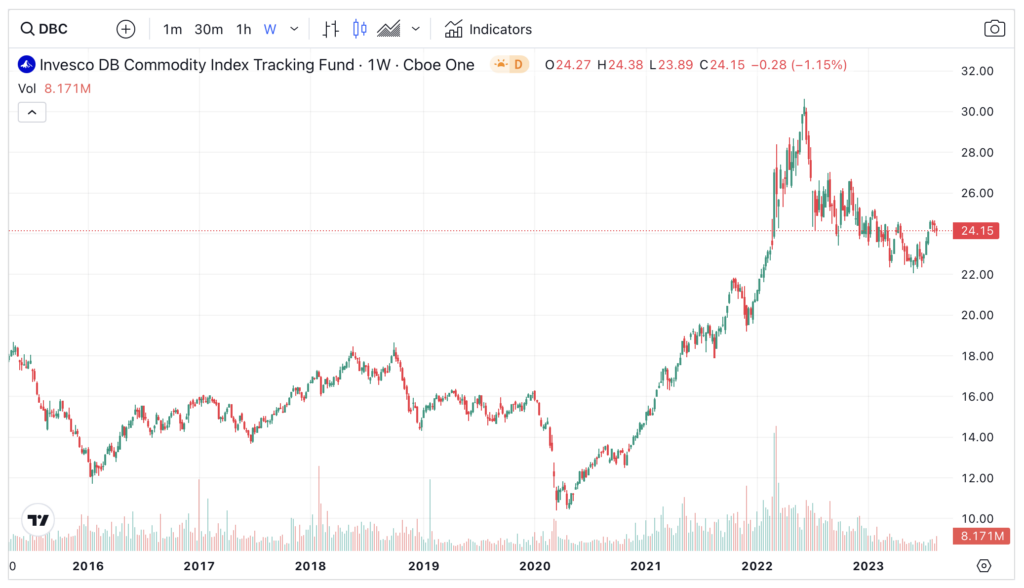
Lastly, traders to search to gain exposure to commodities indirectly should investigate stocks/companies that produce commodities.
In the UK, there is a sizeable number of miners listed on the London Stock Exchange. The two well-known miners are BHP Billiton (BHP) and Rio Tinto (RIO). The partial list of UK-listed miners include:
- BHP (BHP)
- Rio Tinto (RIO)
- Glencore (GLEN)
- Anglo-American (AAL)
- Antofagasta (ANTO)
- Fresnillo (FRES)
- Endeavour Mining (EDV)
Buying a miner is different to buying a commodity simply because there is an added risk of the stock market movements and earnings outlook. During a commodity bull market, they often outperform commodities.
Junior miners, if you research them thoroughly, often provide outstanding returns if the timing is right.
Commodities Trading Platforms FAQs:
The main things to consider when choosing a commodities broker are:
- Are they right for your level of experience?
- How many commodities do they offer?
- What are the commissions and fees?
- How can you trade commodities?
- What sort of added value does the broker offer?
In this guide to the best brokers for trading commodities, we will go through each point and highlight which broker is best for each point so you can make the best choice for the specific type of commodity trading you do.
A commodities broker will set up a trading account, so you can trade on commodities direct on a commodities exchange like CME (Chicago Mercantile Exchange) or LME (London Metal Exchange) using their exchange membership or via OTC derivatives products like CFDs or financial spread bets.
The main ways to trade through a commodities broker are:
- Futures
- Options
- CFDs
- Spread Betting
- ETFs
Yes, if you call the market correctly, you can make money trading commodities. However, commodities trading is a high risk and it’s important to note that only around 20% of retail commodity traders make money.
Commodities brokers make money through fees and financing charges. Commodity broker costs can be broken down depending on how a commodity is traded.
The different types of commodities brokers make money and charge clients thus:
- Futures – commission charge on a per lot basis
- Options – commission charged on a per lot basis
- CFDs – the bid/offer spread is widened, and overnight interest is charged on positions
- Spread Betting – the bid/offer spread is widened, and overnight interest is charged on positions
- ETFs – commission charge on buys and sells, plus an account maintenance charge
Yes, forex brokers tend to offer commodities as they are quite similar in popularity. The best forex broker for trading commodities is IG, as they offer a large market range with competitive pricing.

Richard Berry
This article contains affiliate links which may earn us some form of income if you go on to open an account. However, if you would rather visit the commodity brokers via a non-affiliate link, you can view their commodities trading pages directly here:


